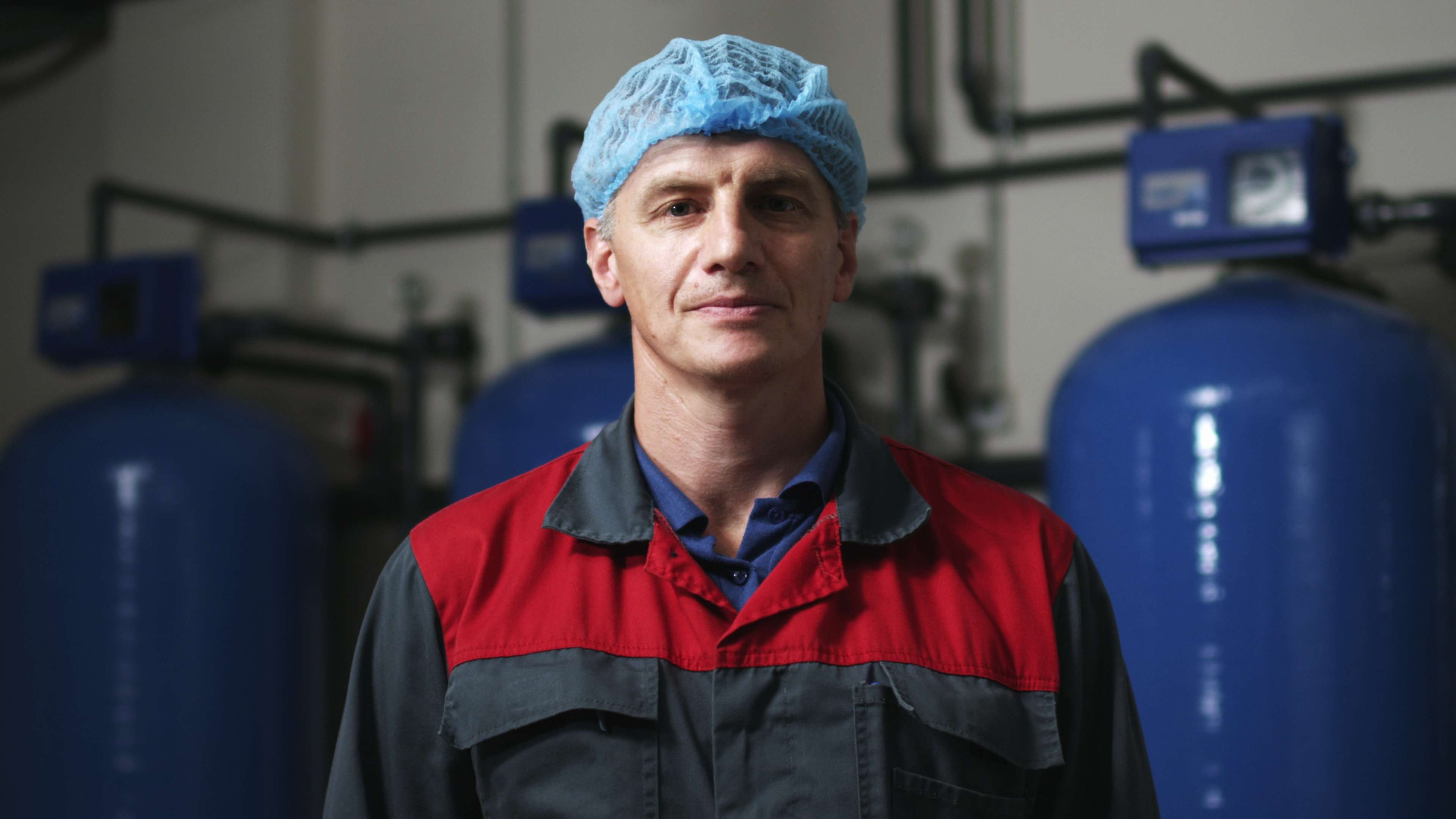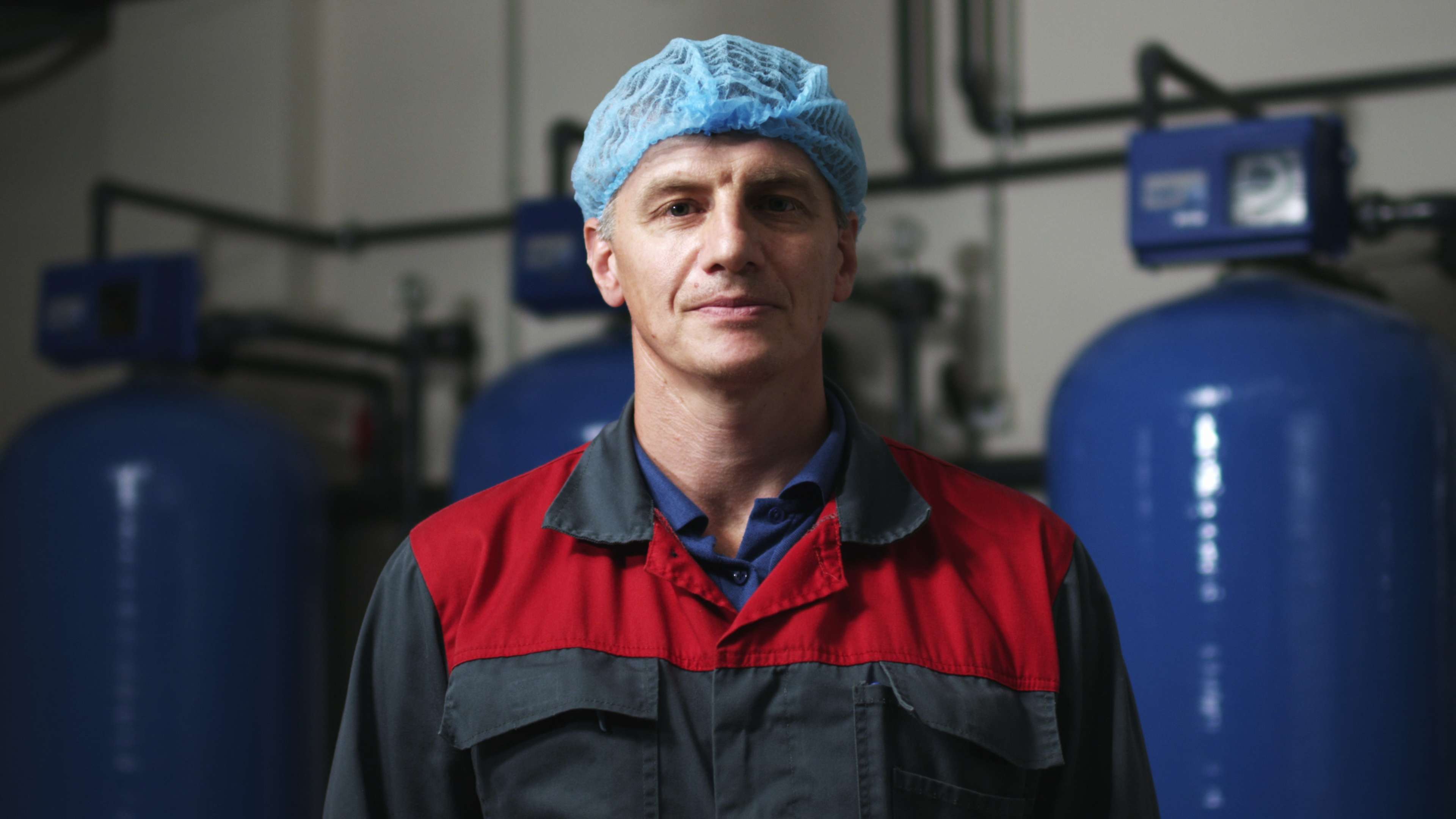Understanding Professional Fabric Requirements

Professional attire demands fabrics that balance multiple performance criteria: durability, comfort, appearance retention, and functionality. The selection of appropriate textiles directly impacts wearer satisfaction, garment longevity, and overall cost-effectiveness of uniform programs. Understanding fabric properties enables informed decisions that optimize both performance and investment value.
Modern professional fabrics must meet increasingly complex requirements, from moisture management and stain resistance to antimicrobial properties and environmental sustainability. This comprehensive guide examines the science behind fabric selection and provides practical insights for choosing materials that excel in professional environments.
Industry Standard
Professional fabrics must maintain appearance and performance through 50+ wash cycles while providing comfort during 8-12 hour wear periods in varying environmental conditions.
Natural Fiber Foundations
Cotton: The Professional Standard
Cotton remains the foundation of professional attire due to its exceptional comfort, breathability, and versatility. High-quality cotton fabrics provide natural moisture absorption, skin-friendly properties, and excellent dye retention. However, pure cotton requires careful treatment to achieve professional performance standards.
Cotton Advantages
- • Natural breathability and comfort
- • Excellent moisture absorption
- • Hypoallergenic properties
- • Superior dye retention
- • Biodegradable and sustainable
Performance Enhancements
- • Wrinkle-resistant treatments
- • Stain-repellent finishes
- • Antimicrobial applications
- • Shrinkage control processing
- • Color-fastness improvements
Wool: Premium Professional Performance
Wool offers unmatched professional appearance with natural wrinkle resistance, temperature regulation, and odor control. Modern wool processing techniques have enhanced durability and care convenience while maintaining the fiber's inherent luxury and performance characteristics.
Wool Innovation
Super-fine merino wool fibers (18.5 microns or less) provide luxury feel with enhanced durability, making them ideal for executive-level professional attire.
Synthetic Fiber Technologies
Polyester: The Workhorse of Professional Fabrics
Modern polyester has evolved far beyond its early reputation, offering exceptional durability, wrinkle resistance, and color retention. Advanced polyester technologies provide moisture-wicking properties, enhanced breathability, and sustainable production options through recycled content.
Standard Polyester
Traditional workhorse fiber
- • Excellent durability
- • Wrinkle resistance
- • Color fastness
- • Easy care properties
Microfiber Polyester
Ultra-fine fiber technology
- • Enhanced softness
- • Improved drape
- • Better moisture management
- • Stain resistance
Recycled Polyester
Sustainable performance fiber
- • Environmental benefits
- • Identical performance
- • Reduced carbon footprint
- • Circular economy support
Advanced Synthetic Innovations
Next-generation synthetic fibers incorporate advanced technologies for enhanced performance. These innovations include moisture-wicking channels, antimicrobial treatments, and adaptive properties that respond to environmental conditions.
Blended Fabric Solutions

Fabric blends combine the best properties of different fibers to create materials that exceed the performance of individual components. Strategic blending optimizes comfort, durability, appearance, and functionality for specific professional applications.
Popular Professional Blends
Cotton-Polyester (65/35)
The classic professional blend
- • Natural comfort with synthetic durability
- • Reduced wrinkles and shrinkage
- • Easy care and maintenance
- • Cost-effective performance
Wool-Polyester (55/45)
Premium performance blend
- • Luxury appearance with durability
- • Enhanced wrinkle resistance
- • Improved shape retention
- • Professional drape and feel
Cotton-Spandex (97/3)
Comfort stretch blend
- • Enhanced mobility and comfort
- • Shape recovery properties
- • Improved fit retention
- • All-day comfort
Tri-Blend (Cotton/Poly/Rayon)
Balanced performance blend
- • Optimal comfort and durability
- • Enhanced drape and softness
- • Moisture management
- • Professional appearance
Performance Fabric Technologies
Moisture Management Systems
Advanced moisture management goes beyond simple absorption, incorporating wicking, spreading, and evaporation technologies. These systems maintain comfort and appearance throughout extended wear periods, particularly important in demanding professional environments.
Performance Metric
High-performance moisture-wicking fabrics can transport perspiration from skin to fabric surface 300% faster than standard materials, maintaining comfort and professional appearance.
Stain and Soil Resistance
Professional environments expose garments to various staining agents. Advanced stain-resistant treatments create molecular barriers that prevent soil penetration while maintaining fabric breathability and hand feel.
Moisture Wicking
Rapid moisture transport for comfort
Stain Resistance
Protection against spills and soil
UV Protection
Shield against harmful radiation
Antimicrobial
Odor control and hygiene
Sustainable Fabric Innovations
Environmental consciousness drives innovation in professional fabrics. Sustainable options include recycled fibers, bio-based materials, and production processes that minimize environmental impact while maintaining professional performance standards.
Eco-Friendly Fiber Options
Recycled Polyester
From plastic bottles to professional attire
- • 50% less energy consumption
- • Identical performance to virgin fiber
- • Reduces landfill waste
- • Supports circular economy
Tencel Lyocell
Sustainable wood-based fiber
- • Closed-loop production
- • Natural moisture management
- • Biodegradable properties
- • Silk-like feel and drape
Organic Cotton
Pesticide-free natural fiber
- • Reduced chemical impact
- • Soil health preservation
- • Worker safety benefits
- • Natural comfort properties
Sustainability Impact
Sustainable fabric choices can reduce environmental impact by up to 60% while maintaining professional performance standards and often providing cost savings through improved durability.
Fabric Selection Guidelines
Selecting the optimal fabric for professional attire requires balancing multiple factors: intended use, care requirements, budget constraints, and performance expectations. A systematic approach ensures the best match between fabric properties and application needs.
Selection Criteria Matrix
| Application | Recommended Fabric | Key Properties | Care Level |
|---|---|---|---|
| Executive Suits | Wool-Polyester Blend | Luxury appearance, wrinkle resistance | Professional cleaning |
| Daily Office Wear | Cotton-Polyester 65/35 | Comfort, durability, easy care | Machine washable |
| Active Professionals | Performance Polyester | Moisture wicking, stretch | Easy care |
| Healthcare | Antimicrobial Cotton Blend | Hygiene, comfort, durability | Industrial washing |
Future Fabric Technologies
The future of professional fabrics will incorporate smart technologies, enhanced sustainability, and adaptive properties. These innovations will further blur the line between technical performance and professional appearance.
Emerging Technologies
- Self-cleaning fabrics using photocatalytic titanium dioxide
- Temperature-adaptive materials with phase-change properties
- Integrated electronics for communication and monitoring
- Bio-based fibers from agricultural waste
- Graphene-enhanced fibers for superior performance
Future Vision
By 2030, professional fabrics will incorporate AI-responsive properties that automatically adjust to environmental conditions and wearer needs, revolutionizing workplace comfort and performance.
Implementation and Care Considerations
Successful fabric implementation requires understanding care requirements, lifecycle costs, and performance expectations. Proper care and maintenance maximize fabric performance and extend garment life, optimizing the total cost of ownership.
Working with experienced uniform manufacturers ensures optimal fabric selection and proper garment construction that maximizes fabric performance while meeting specific professional requirements and budget constraints.
Optimize Your Professional Fabric Selection with Uneom
Leverage our textile expertise to select the perfect fabrics for your professional attire needs. From performance requirements to sustainability goals, we'll guide you to the optimal solution.
Consult Our Fabric Experts